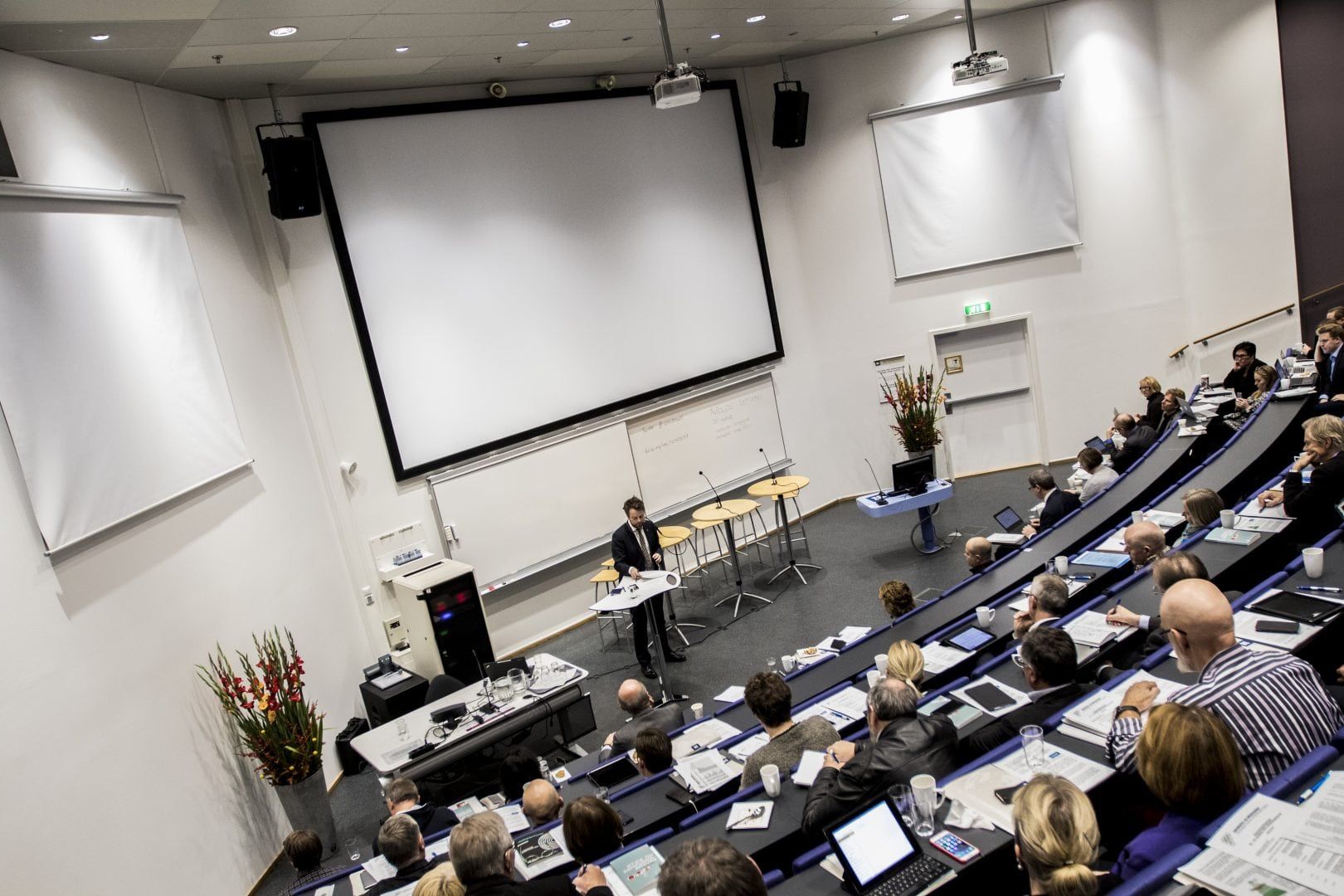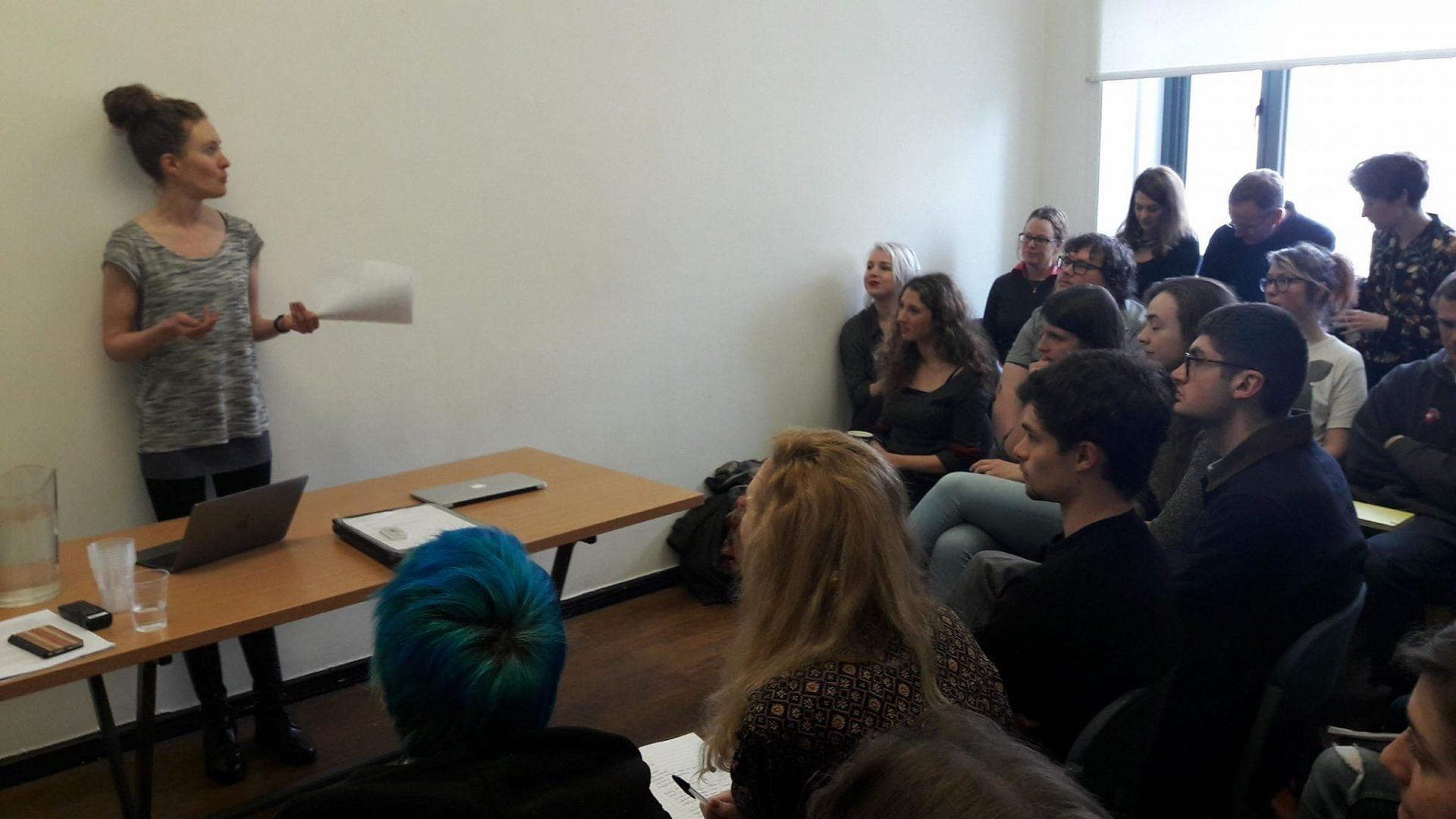Netflix’s latest, explosive phenomenon Queer Eye manages to do in eight episodes what many others fail to achieve; a cult-like following based on a truly wholesome message- self-love.
Dropping the ‘straight guy’ from the title of its former inception, Queer Eye is a new and re-vamped series that sets to rejuvenate the lives of eight ordinary Americans, both straight and gay, because a little self-love need not be relegated to a single orientation.
Take a cursory glance at the opening of the first episode and you may be forgiven for thinking it a fickle exploration into superficial standards of beauty.
A little redoing of the bathroom cabinet and a little shave of the hair and bam, everything in the world is okay again. But be mistaken at your own will, Queer Eye is a whole world away from a materialistic makeover show.
Ten minutes in, you’ve likely fallen head over heels for the unadulterated likeability of Grooming Expert, Jonathan Van Ness, and you’re wondering why Queer Eye hasn’t been filling the world’s happiness void for years gone by.
In a nutshell, Queer Eye is comprised of five experts, known as the ‘Fab Five’; Tan France, Style Expert, Karamo Brown, Culture Expert, Anthony Porowski, Food and Wine Expert, Jonathan Van Ness, Grooming Expert and Bobby Berk, Interior Design Expert.
This compilation of five experts blends seamlessly to overhaul the lives of eight Americans from a spectrum of different backgrounds – backgrounds that may cause the viewer to raise an eyebrow or two, especially considering the bold and undeniably wonderful ‘Queerness’ of the ‘Fab Five’.
The original ‘Queer Eye for The Straight Guy’ based itself in New York City but its revival sees the ‘Fab Five’ relocated to Atlanta, Georgia, a metropolis in the heart of the Deep South.
Herein lies part of the success of Queer Eye– a confrontation of the uncomfortable, and an attempt to continue changing perspectives.
In the many interviews given by the Fab Five since Netflix dropped the new series in February, the message has been consistent; ‘it’s so much more about what’s happening on the inside, more so than the physical appearance of those undergoing makeovers’.
Culture Expert, Karamo Brown explains that his role is as much a Lifecoach as it is an expert in culture.
Helping the subjects of each episode understand what it is that holds them back from achieving their potential goes hand in hand with a makeover of their appearance and of their homes.
So, whilst the format of the show remains largely unchanged since its initial inception in 2003, why is it that Queer Eye is connecting so much with the 2018 audience?
In part, Queer Eye is a blunt confrontation on masculinity. Set in Atlanta, the Fab Five reach out to a largely conservative set of subjects, and the results of their transformations will likely bring you to tears.
The show also devotes equal time giving focus to the emotional, as well as the physical, wellbeing of each person.
Food and Wine Expert, Anthony Porowski helps them to use food and wine to foster well-being in their lives and Fashion Expert, Tan France always underscores that their style is whatever makes them feel good about themselves.
Queer Eye transcends the television screen and forces us to ask ourselves: how much care are we really taking of ourselves?
As with any reboot of a successful format, viewers will begin watching, sceptical of a cheap remake.
New viewers will likely find the unfiltered personas of the Fab Five a little much at first, but herein lies a main theme of the show, and a problem in queer culture more generally.
As a gay/queer person more generally, it’s easy to fall guilty to misplacing perceptions of others in the community. At first, the cast of Queer Eye seems a little predictable. But the cast is anything but predictable.
They are instead, a display of living out your identity in its truest sense, unashamed, proud and projects how that can only ever be a force for good- removing the binary of either straight or gay acting queer folk only adds to the insatiable likeability of the show.
So, indulge yourself in eight episodes of pure joy, because if the newly gained following of the Fab Five is anything to go by, Queer Eye is set to be a television staple for years to come.


